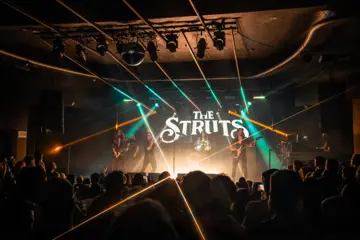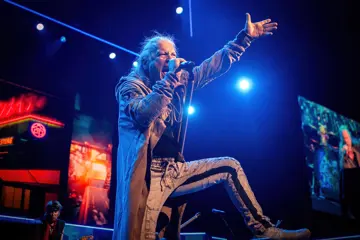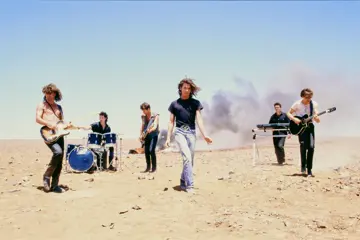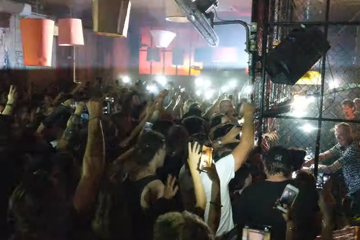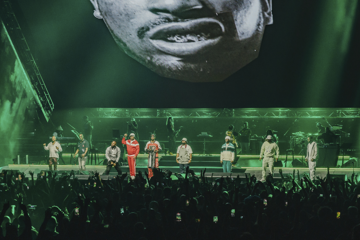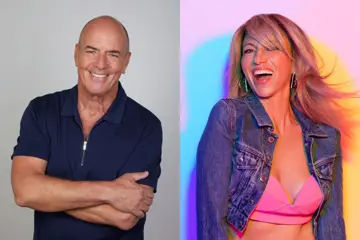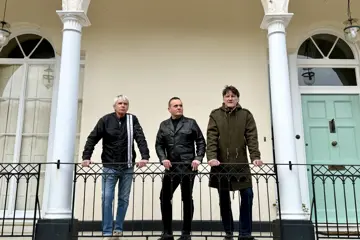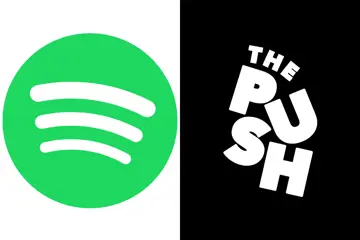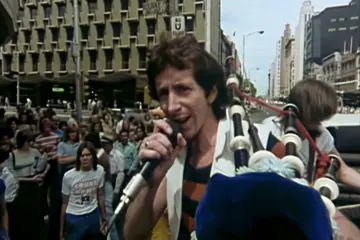With the war against the Capitol entering its final stage, Katniss Everdeen (Jennifer Lawrence) is coming to terms with her political value to President Coin (Julianne Moore).
As Katniss begins to distrust Coin's motivations, she seeks to directly end the war by mounting an attack on President Snow (Donald Sutherland). Soon she finds herself bogged down in street-to-street fighting, as the Gamemakers turn the streets of the Capitol into a macabre parody of the Hunger Games - a series of deadly traps that Katniss must navigate, with a squad she doesn't entirely trust, including the brainwashed Peeta (Josh Hutcherson).
Strangely lacking the impetus of the other Hunger Games films, Mockingjay Part 2 bogs down in both the street-to-street fighting and the relationship indecision of Katniss. When it has its action beats the film does land them solidly, making a lot of emotional capital out of a number of scenes. For the rest though it feels like the film has been given too much room to breath, and bogs down in the grind of the slow block-by-block advance.
Here the decision to split the final book into two films affects the quality. It feels padded and drawn out. The same political, emotional and character notes are hit time and time again, hammering home the point. Yet, it would also be hard to decide what elements to remove. The final product fits well together, highlighting the themes of political power plays versus the suffering of the everyday grunt on the ground. Katniss is a hero through her perseverance, her beliefs, and her willingness to act on them. It would be churlish not to show that perseverance in action, but it does draw out. Perhaps the fault lies in the source material, rather than the adaptation, as the book is often regarded by fans as the weakest of the trilogy.
Don't miss a beat with our FREE daily newsletter
Yet it also maintains the distinction of being slightly smarter than its competing young adult dystopia clones. The Hunger Games themes have always been central - looking at power, class divide, and political manipulation by media. Here they are again at the front, and their exploration impacts significantly on the plot. They are integral and interwoven elements. The result is a film that doesn't talk down to its younger demographic, but treats the various age groups of its audience equally.
Originally published in X-Press Magazine

